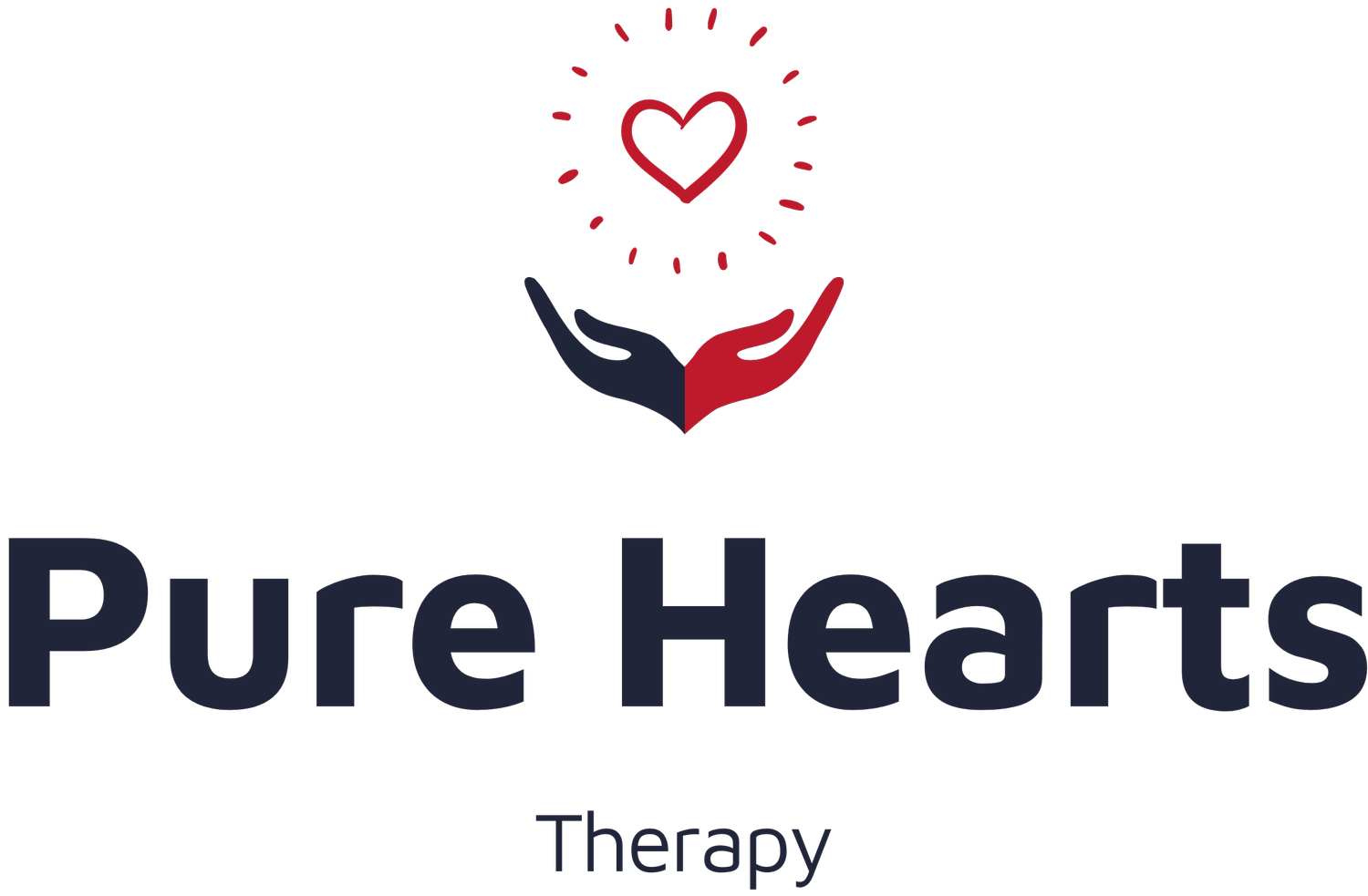Relationship tips for parents of neurodiverse children
Guest:
Rach Wilson is a relationship coach for couples of neurodiverse children.
Background/Importance
Rach Wilson is not only a coach for couples with neurodiverse children, but she herself has two neurodiverse children. She has a wide range of expertise and experience to help a variety of couples through the challenges they face raising neurodiverse children. Rach is devoted to helping couples work through hard times, rekindle what’s been lost, and thrive in their relationships to strengthen their bond and gain the skills to get through any conflicts that come their way.
Statistics
Raising a neurodiverse child is one the hardest jobs in the world, and it plays a significant role in a couple's relationships. At times it can cause a large amount of stress. Stress is the highest factor leading to divorce.
What is the main struggle you see among your clients?
Some of the consequences that arise from stress are sleep deprivation and unintentionally forgetting to prioritize the relationship. This leads to distance, less intimacy, conflict, and ultimately destruction because the children come first. When walking into conflicts people often become defensive and begin to project while forgetting to take accountability for their role in the problem. People will play the blame game instead of trying to understand their partner. When communication becomes defensive reactions, problems will escalate drawing them closer to destruction. Oftentimes defensive behavior is stemmed from past trauma, whether it be from childhood trauma or from a past relationship. Every person comes into a relationship with baggage that causes unconscious behaviors to arise during conflicts.
What are the first steps in resolving issues and stress in relationships?
When couples fall into a state of extreme stress they are unable to take on any new information or rationally deal with anything other than what they must do. The first step is to get out of “Death Valley”. Once you are past that state of extreme stress, then it’s a good time to reflect on what’s been going on and work through problems. The best way to work through issues is to learn and implement better teamwork and communication skills. In order to build a stronger relationship with your partner you need to know yourself as well as your partner. Race mentions the Peace Process. During the peace process, you build skills to better learn about the triggers and baggage you both bring to the table and how to work through upsets as your best self. When you gain emotional awareness you can respond to each other in more real and honest ways.
How does someone get out of “Death Valley” when they’re stuck?
To get out of “Death Valley” the first thing to do is identify the problems going on with your child(ren) that are causing stress and meltdowns, then find a solution. Take the time to act on the small things like checking in with how your partner is doing. Give each other permission to openly vent and talk about issues going on to release built-up tension. Rach uses the traffic light system as an example. The traffic light system is made of three colors: green, orange, and red. There are three levels to orange. Green means everything is good, and red means you’re at low capacity and need space to yourself handle burnout and the inability to communicate properly. The first stage of orange is when you're moving out of green, the second stage is where you try to identify what you need to help get better, and the last stage is red’s around the corner. Sometimes it’s a quick move from orange to red, and there’s little time to counter the back to green.
Talk Therapy vs Coaching
Therapy is a good outlet to talk through things going on, but it doesn’t teach you the skills to shift and change situations or learn skills to heal better emotionally. Rach has studied a lot of different areas of coaching that help give couples a “power tool set” for healing and transformation. Talking about issues can be an important first step in progress toward growth. Then when you learn your baggage and trigger you to understand each better you can learn the skills it takes to resolve problems as they arise. Over time upsets become builders to make couples stronger to thrive down the road.
What are some key takeaways for the listeners?
Firstly, we all come into relationships with baggage and past trauma. Secondly, during heated moments we often project on one another because we are in defense mode like when our neurodiverse child(ren) is having a meltdown. Lastly, reach out to any professionals you may need to learn and work on the skills you need to build better teamwork and communication.
How do they get a hold of you?
Website - Link down below
Action Plan: (some applicable things parents can implement at home)
The traffic light system was a good example of how to identify better what’s going on with yourself and your partner.
Recap:
It’s impossible not to bring “baggage” to a relationship
Most of our ideas of how to be in a relationship come from what we have seen from prior relationships or caregivers
Being in a healthy relationship requires skill building, and it can help to reach out to a professional like a relationship coach to understand how you show up and build communication skills to be more successful in your relationship.
Resources:
Website (Relationship Survival Guide is on the website)
Facebook (Private message Rach telling her you heard her on the podcast if sending a friend request)
https://facebook.com/rachwilson
http://instagram.com/divinerelating
Subscribe Now & Leave a Review
Apple Podcasts, Spotify, Google Podcast, & Stitcher
Visit our Website
Follow Us:
